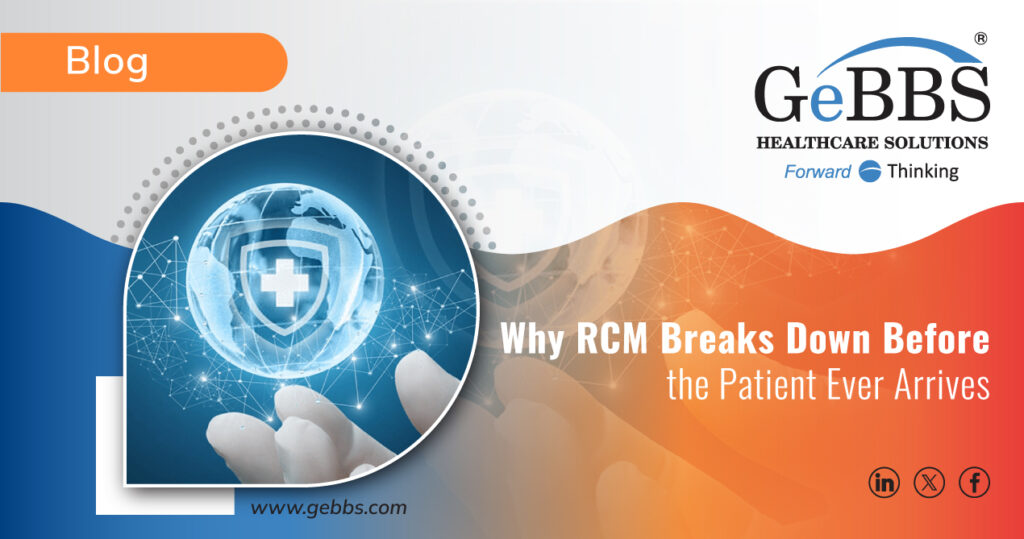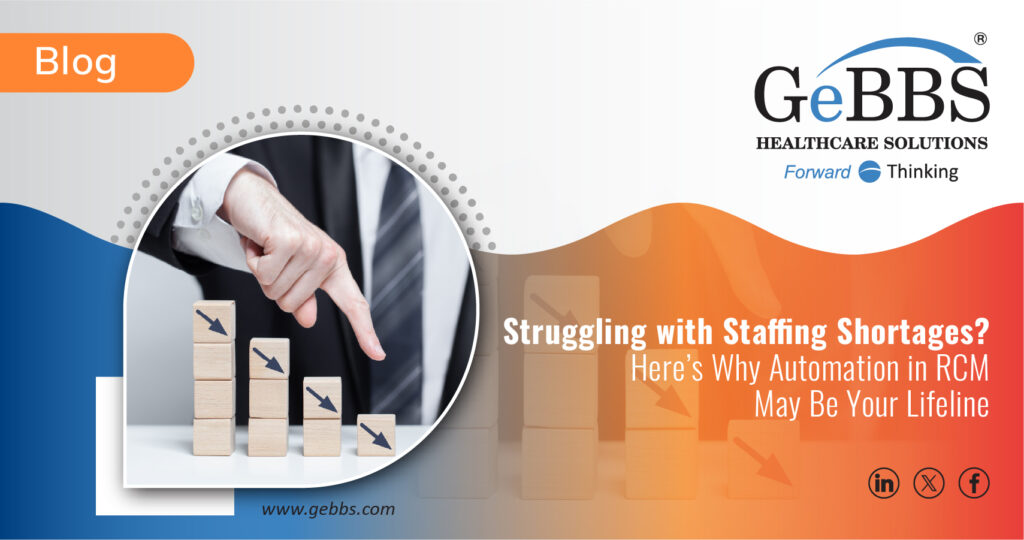The federal government spends around $1 trillion a year on health care programs. Different communities — the elderly, the disabled, military and civilian federal employees, low-income individuals and their families, and others — benefit from these programs. The two largest programs are Medicare and Medicaid.
Although nearly 48.6 million Americans are uninsured (source: The Commonwealth Fund) and the cost cost of healthcare is rising, the ongoing debate about health care reform now reflects the recognition that the gaps in quality and seemingly inexorable cost increases are the result of a delivery system that is failing to fully serve the nation’s needs. Part of the solution that has been proposed in the recent federal health reform bills is the concept of Accountable Care Organizations (ACOs).

Top 5 Question & Answers on Accountable Care & Healthcare Delivery in the United States:
1. What is Accountable Care Organizations (ACOs)?
ACO is defined as a set of healthcare providers — including primary care physicians, specialists, and hospitals — that work together collaboratively and accept collective accountability for the cost and quality of care delivered to a population of patients.
Accountable care organizations (ACOs) have proliferated in the past three years. The increase has been spurred by private payors’ interest in coordinated care management and the Patient Protection and Affordable Care Act, which introduced the Medicare Shared Savings Program. There has been a significant amount of ACO development within the past years. According to the National Accountable Care Organization Congress, “since the 2nd National ACO Congress in November 2011, the ACO trend has demonstrated great momentum. As of June, there are more than 200 ACOs identified in the U.S., a 38% increase in only six months. The number and variety of organizations adopting accountable care demonstrates providers’ strong belief that the accountable care model is a crucial component of the future of American healthcare”.
2. The new health reform law–The Patient Protection and Affordable Care Act–supports the evolution of accountable care organizations (ACOs) as key to containing health care costs.
The Patient Protection and Affordable Care Act, also known as Affordable Care Act (ACA) promotes Accountable Care Organizations (ACOs) to reduce healthcare costs while improving care quality. ACOs unite providers to deliver coordinated, value-based care, shifting from fee-for-service models. The ACA incentivizes ACOs through shared savings programs, rewarding cost efficiency and quality outcomes. By emphasizing preventive care and reducing unnecessary hospitalizations, ACOs enhance patient outcomes while driving cost reductions.
3. Why are Accountable Care Organizations important to achieve improved cost and quality?
Although nearly 46 million Americans are uninsured and the cost cost of healthcare is rising, the ongoing debate about health care reform now reflects the recognition that the gaps in quality and seemingly inexorable cost increases are the result of a delivery system that is failing to fully serve the nation’s needs. Part of the solution that has been proposed in the recent federal health reform bills is the concept of Accountable Care Organizations.
The Affordable Care Act includes a provision that allows Medicare to reward health care organizations with a share of the savings that would result from improving care quality and reducing the cost. To participate in this “shared savings programs,” health care organizations need to become Accountable Care Organizations (ACOs).
The belief is that, if well conceived, ACOs can achieve both cost and quality improvements because the coordinated and collaborative nature of the delivery system itself is paid for and rewarded for its quality outcomes, not for its volume of services. Therefore, the structure of an ACO becomes important—experts believe that ACOs must be physician-led, primary care-centered, and patient-focused systems of care. Currently, there are many health care systems of physicians and hospitals that function as ACOs are intended to fucntion, and the research conducted on these entities support the prevailing notion. By encouraging the evolution and growth of ACOs through payment incentives and a nurturing legal climate, ACOs may be America’s best chance to control costs and improve quality and access.
Annual Per Capita Health Care Costs

Data from the OECD Compiled by PGPF. NOTE: Per capita health expenditures in 2009, except Japan and Australia data which are from 2008. Foreign health spending was converted into U.S. dollars using purchasing power parity.
4. What is being done on the commercial side of our health care insurance system?
ACOs as proposed by the ACA would receive bonus payments if they are able to manage the cost and improve care quality under the Medicare fee-for-service shared savings program.
Commercial health insurers are also revealing extensive plans for ACO development. They are partnering with hospitals and physician’ groups to test new models of care delivery. Payment by insurers and the government should incentivize cost control and the improvement of care.
Major payors like Cigna, UnitedHealth Group, Blue Cross Blue Shield and Aetna continue to pursue performance-based contracts with providers across the country.
Learn more about 80 commercial and Medicare ACOs
5. What are the real cost savings that can be anticipated by an ACO and how will they be achieved?
The Congressional Budget Office projects that the ACO shared savings program included in the Affordable Care Act will save approximately $5.3 billion over 2010–19. This is only a small portion of the savings the CBO projects through implementation of all of the provisions of the ACA.
However, the real cost savings are unknown—both to an individual ACO and to the country as a whole. Much will depend on the extent to which:
- How ACOs are formed
- How effective they are in improving quality and containing costs
- Whether the shared savings program works as a fee-for-service incentive or if the payment model needs to be modified
- The capabilities of ACOs of handling different expectations of different payers






